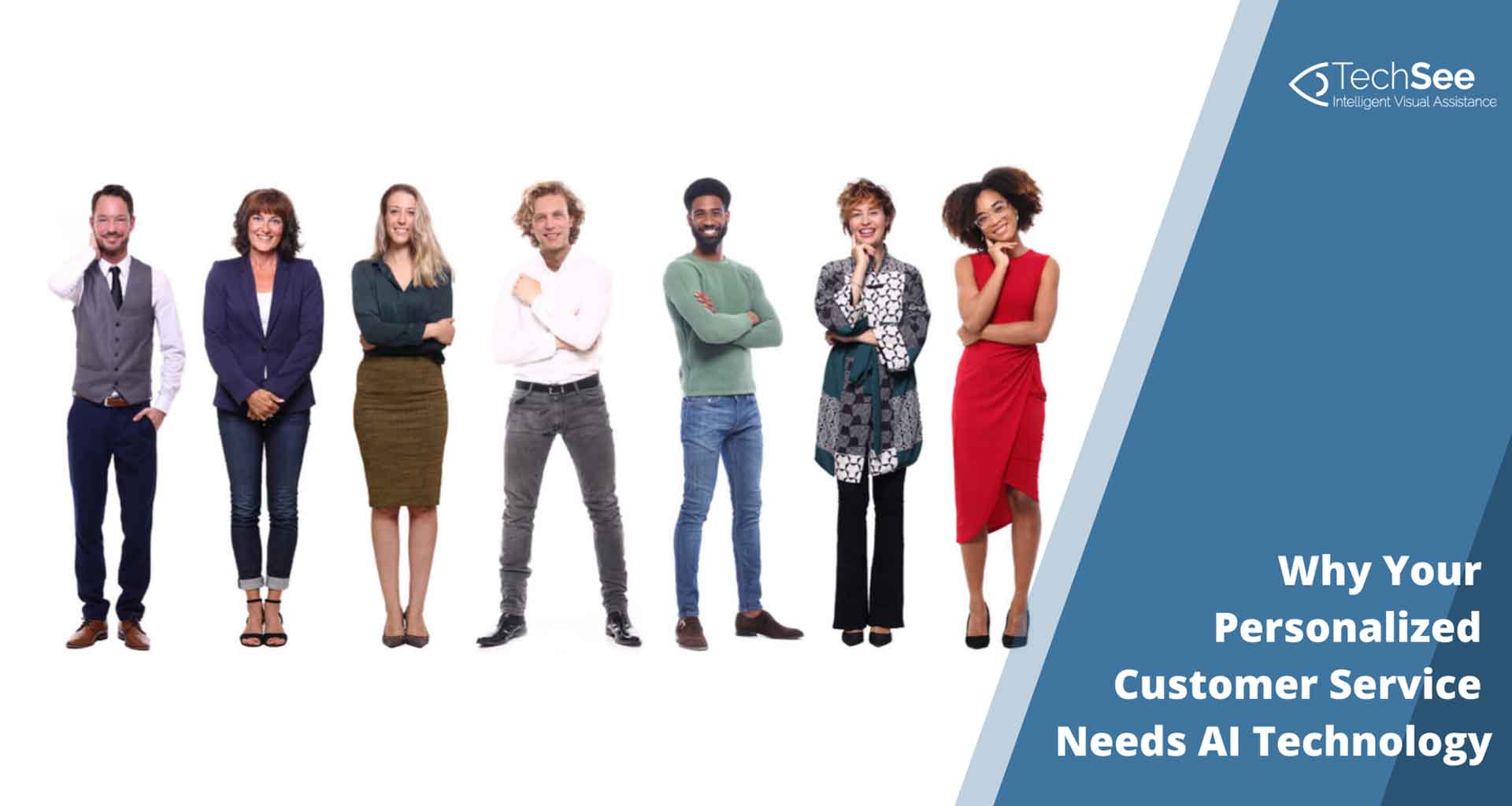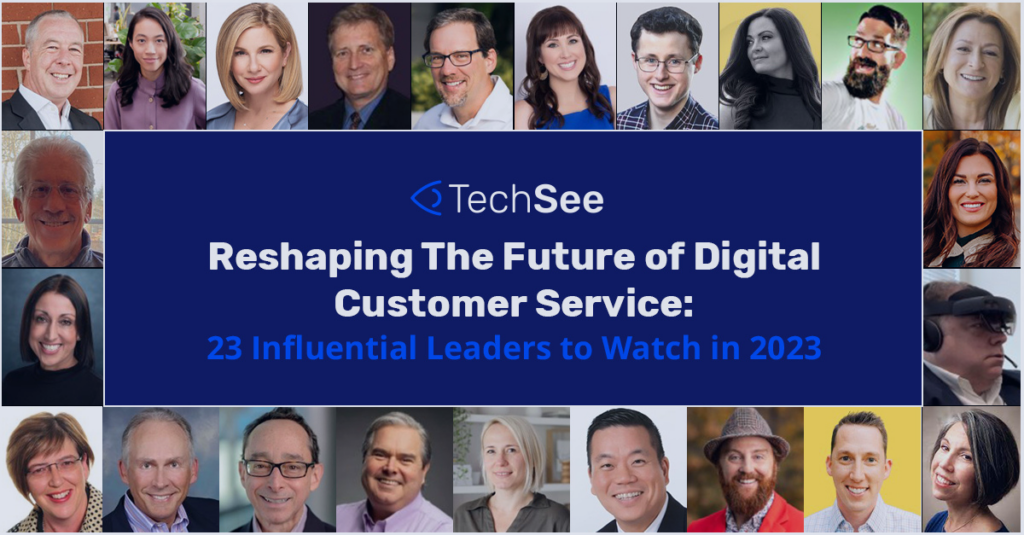Contents
Which experience makes you feel more valued as a customer?
Hello. Thanks for calling our Hotel. How may I help you?
Vs.
Good morning, Laura. I see you are a Loyalty member since 2007, and have stayed at our property in London every year around this time. Are you calling to make another reservation? If so, I see you have 345 Loyalty points available to use towards your stay.
Yes, Scenario 2, demonstrating a genuine, personalized customer service, is a far more powerful way of retaining and satisfying customers.
Personalization as a Driver in Customer Service
Delivering personalized customer service is more than just addressing a customer by name in an automated email, or segmenting by interest. It is a way to capture the customer’s attention and create a level of engagement that is authentic and relevant at every stage of the customer journey. According to Forbes, 66% of consumers will abandon a sale due to lack of personalization and trust.
For organizations to succeed in creating a truly personalized CX, innovative approaches must be implemented that resonate deeply with customers so that they feel valued and appreciated. These strategies are increasingly being explored with multiple companies redirecting investments towards customer experience innovations.
AI Powered Personalization: The Paradox of Personalization via a Machine
With unprecedented advances in algorithms and other machine learning tools, AI-enhanced solutions, such as virtual assistants or chatbots, can learn how to respond, engage or process many standard tasks. This includes handling customer service queries.
But can AI via a machine be used to deliver a personalized experience? Increasingly, the answer is YES. AI has the power to achieve mass personalization by harnessing huge amounts of data from multiple data sources and uncovering patterns in customer behavior. AI based personalization uses interaction history to develop a specific profile of each customer. This allows them to deliver high levels of personalized customer service.
Examples of AI-Driven Personalized Customer Service
Numerous companies have recognized the power of AI based personalization. Here are examples of personalized customer service, driven by AI.
Image personalization: ‘Here’s a movie we know you’ll like!’
Netflix has added the concept of artwork personalization to its personalized recommendation system for subscribers. Based on detailed user profiles, Netflix’s algorithms choose personalized visuals to accompany each title.
For example, those who tend to watch movies of a certain genre might be shown an image reflecting that genre. Those users who tend to watch movies featuring a certain actor, might be shown a visual with that actor’s face.
Personalized product recommendations: ‘This SD card is perfect for your new camera!’
AI-driven recommendation engines offer customers products tailored to their preferences. 45% of online shoppers are more likely to shop on a website that makes personalized recommendations. Retail giant Amazon has been leading the industry’s personalized customer service efforts since 2013.
Amazon uses past purchases and viewed product history to recommend additional products and its highly-segmented emails utilize personalization tokens targeted to the individual. Amazon reports that 35% of all their sales are generated by the recommendation engine.
Location-based personalization: ‘Stock up on umbrellas – rain is predicted for tomorrow!’
Home Depot uses AI to offer localized design trends and products based on shoppers’ locations. For example, customers located on the West Coast receive a different set of recommendations than those on the East Coast.
On another level, recognizing that its warehouse-style stores can easily overwhelm customers, the company app, which has been downloaded 20 million times, displays the specific locations of recommended products. Sometimes it even provides Waze-like guided directions.
AI Innovations to Personalize Customer Service
Enterprises are exploring and implementing AI powered tools in order to gain from the many personalized customer service benefits. Below are a number of real-life AI personalization examples.
Virtual Assistants
Over the last few years, the industry has turned toward conversational AI platforms, known as chatbots, to automate and scale one-on-one conversations. According to Chatbots Magazine, businesses can reduce customer service costs by as much as 30% with virtual agents and chatbots.
Using AI to enhance interactions with customers is quickly gaining traction. As far back as 2018, 15% of Americans said they had used a chatbot to interact with a company in the prior 12 months. Servion predicts that 95% of all customer interactions will be managed without a human by 2025.
AI based personalization innovations, such as EVE Cortex are enabling companies to expand the range of services they offer consumers.
Chatbots can be utilized to personalize interactions across almost every industry, by enabling a two-way conversational at scale. For example, a software company’s bot may ask if a customer is a new subscriber or an experienced developer, and tailor the technical language of the conversation based on the response.
A pet store bot may first ask about a customer’s pet, and then customize the rest of the interaction around whether the subject of interest is a dog or a bird. Another example of personalized customer service is a foodie bot that asks for details about dietary restrictions and flavor preferences before suggesting an eatery.
Online fitness company Verve Health has a chatbot that gives fitness advice. New users are first asked if they have any injuries or health issues, and the bot tailors its workout suggestions based on the user’s limitations.
Customer Analytics
Most businesses capture basic customer data like spend, gender, age and location. With AI, businesses can vastly expand their pool of data to collect information such as:
- real-time location
- context
- behavior, and
- values.
Collecting data on these variables enables businesses to offer personalized customer service across channels, including customer service, email campaigns, in-app and website recommendations, and social media engagement. According to Gartner, by 2040, more than 40% of all data analytics projects will relate to an aspect of customer experience.
A Washington-based Zoo & Aquarium combines real-time weather data with ticket sales, mobile check-ins, and past attendance data to predict how many employees or supplies to bring in on any given day to best support its visitors.
Easyjet used customer data to build personalized stories, such as:
- when the customer first traveled with easyJet
- where the customer went, and
- where they might like to go next.
Twiddy, a vacation rental company, analyzed how rental volume and demand shifted from week-to-week. It then made pricing recommendations to homeowners based on seasonal trends and the size/location of the home, delighting its customers with helpful, actionable information.
Is AI Powered Personalized Customer Service the CX of the Future?
Customers today are more likely than ever to make their purchasing decisions based on customer service. 72% of consumers choose to do business with brands that offer personalized messaging and 80% of customers state that personalization plays a role in their decision. Therefore, as a result of the obvious relationship between service personalization and loyalty, the ability to treat customers as unique individuals is a win-win.
AI is quickly becoming a priority for companies looking to boost their CX at scale by providing memorable personalized customer service.
Download this free ebook to learn more about how AI-driven visual assistance technology can help deliver personalized customer service and support customer retention.






